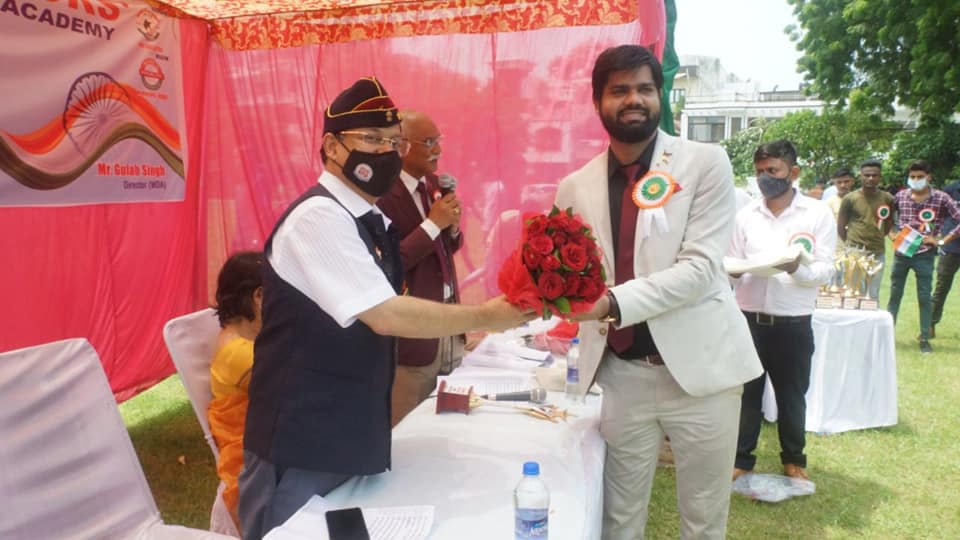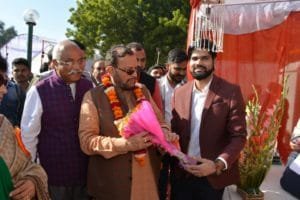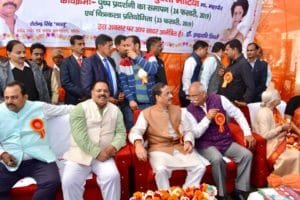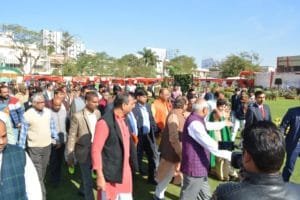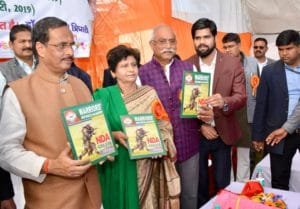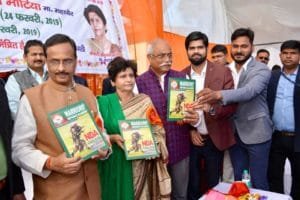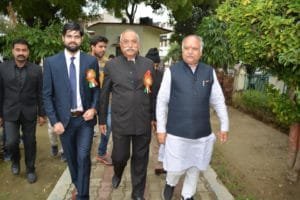Best NDA Coaching in Lucknow – Best Defence Academy in Lucknow, India







Address: 545-GA/1-CHHA, beside Madhuwan Guest house Chandganj Near Railway Crossing, Kapoorthla, Lucknow, Uttar Pradesh 226006
Phone: +91-7081011964
Website: https://warriorsdefenceacademy.com/
Website: https://warriorsndaacademy.com/
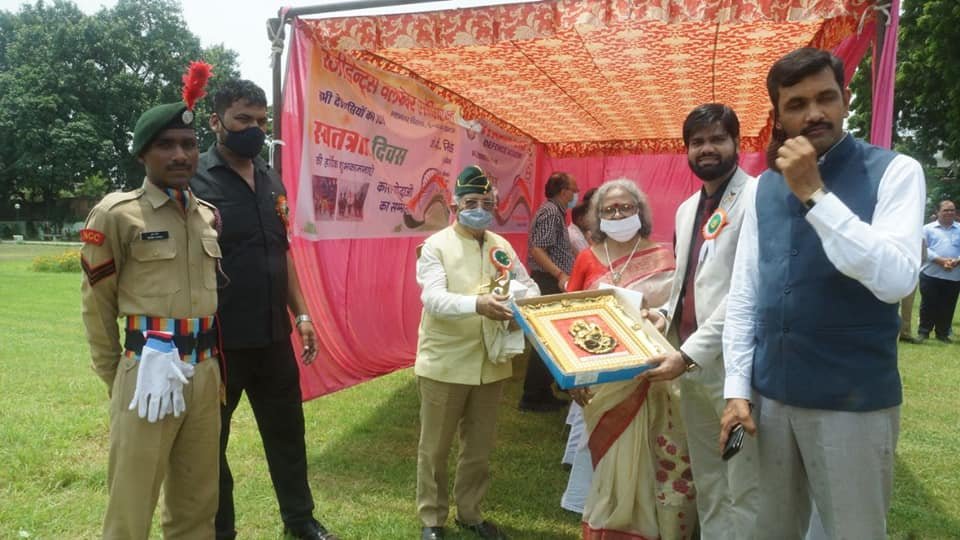
ARMED FORCES SPECIAL POWERS ACT (AFSPA)
Background
NDA Coaching in Lucknow: Armed Forces are deployed in counter-insurgency / terrorist operations when all other forces available to the State have failed to bring the situation under control. Armed forces operating in such an environment require certain special powers and protection in the form of an enabling law. Best NDA Coaching in Lucknow – Best Defence Academy in Lucknow, India
Legal Aspects
The Armed Forces Special Powers Act (AFSPA) was enacted by the Parliament and confers certain special powers on members of the Armed Forces (military forces, air forces operating on ground as land forces and any other armed forces of the Union (CRPF, BSF, ITBP etc)for carrying out proactive operations against the insurgents in a highly hostile environment. AFSPA comes into effect only in Disturbed Areas. Power to declare an area as Disturbed Area is vested with the Central and the State Governments.Best NDA Coaching in Lucknow – Best Defence Academy in Lucknow, India
The essence of the important sections of AFSPA is as under:-
(a) Section 3. It lays down the authority which has power to declare areas to be disturbed. These authorities are the Central and the State Governments.
(b) Section 4. It gives the Army powers to search premises and make arrests without warrants, to use force even to the extent of causing death, destroy arms / ammunition dumps, fortifications/ shelters / hideouts and to stop, search and seize any vehicle.
(c) Section 6. It stipulates that arrested persons and seized property is to be made over to the police with least possible delay.
(d) Section 7. It offers protection of persons acting in good faith in their official capacity. Prosecution is permitted only after sanction of the Central Government.
An examination of the various powers available to the Police Authorities under the provisions of the CrPC vis-a-vis those available to Armed Forces under AFSPA would reveal that the Police Authorities still enjoy more comprehensive and wider powers relating to arrest, search, seizure, summoning of witnesses, preventive detention etc than the powers enjoyed by the Armed Forces.
AFSPA vs CrPC. Section 45 of the CrPC disallows arrest of public servants however Section 45 of the CrPC is not applicable in the State of J&K where the Ranbir Penal Code is applicable and ipso facto the persons of Armed Forces can be arrested for any perceived excesses, if AFSPA is not in vogue.
The Act in general and Sections 3, 4 & 6 thereof in particular, came up for scrutiny before a Constitution Bench of the Apex Court in a case titled ‘Naga People’s Movement of Human Rights Vs UOI’. The five-judge Constitution Bench dealt with the challenge to the legality of deployment of the Armed Forces in aid to civil power. The Court unambiguously ruled that AFSPA cannot be regarded as a colourable legislation or a fraud on the Constitution. The Apex Court considered and opined that the conferring of powers vide Section 4 of AFSPA could not be held arbitrary or violative of Article 14, 19 or 21 of the Constitution.
Safe Guards
Adequate checks and safeguards are built in the AFSPA to prevent its misuse. The Do’s and Dont’s issued to the units, having found approval of Apex Court, have acquired legal status and are binding on the troops.
HR Record of the Indian Army. The provisions of AFSPA have NOT been misused and is evident from the HR Record of the Indian Army during the last two decades. Details of allegations of HR violations of Indian Army are as under :-
- HR Cases/complaints received – 1618
- (b) Cases Investigated – 1533
(c) No of allegations under investigation – 85
(d) Cases found true – 55 (3.6%)
(e) Cases found false – 1478 (96.4%)
(f) No of persons punished – 129
(g) No of cases awarded compensation – 35
The above punishments were awarded by the Army without any prosecution sanction from the MoD. Thus AFSPA is NOT a draconian law as purported to be.
Retention of AFSPA
The relative peace prevailing in any area cannot be the only criteria for the removal of AFSPA. The following aspects also need to be factored in and a comprehensive assessment made before the dilution/removal of AFSPA:-
(a) Current Situation. While there may be a comparative decline in terrorist violence, a number of terrorists killed and a reduction in the number of successful infiltration by terrorists, as long as there is no change in the ideology and the factors that aid and support proxy war the removal of enabling legislation like AFSPA may be counterproductive.
(b) The Emergence of Sanctuaries. Lifting of AFSPA from certain areas may result in terrorists seeking shelter in such areas and rebuilding their bases. Eviction of terrorists from such built-up areas sanitized after sacrifices by the army and police forces is likely to result in civilian causalities, damage to civilian property and a renewed cycle of violence.
(c) Military Installations and Lines of Communication. Army garrisons / strategic assets are spread over in population centers. Even in insurgency-prone areas, any action taken by the Army personnel in these areas without enabling legislation that does not confer immunity from arrest will further complicate the issue.
(d) Intelligence Bases. De-notification of AFSPA will render the painstakingly established sound intelligence bases untenable.
(e) Legal Aspects. Any reaction to terrorist action in Non-AFSPA areas would draw the Army into protracted legal battles on every incident.
(f) Restoration of AFSPA. Even if the situation worsens in areas where AFSPA has been revoked, it is unlikely that the political decision can be reversed easily to re-invoke the Act.
Content by PRASHANT SINGH
Faculty of personality development | 5+ years of experience of teaching | Masters in English literature | 10 times CDS qualified, | Defence enthusiast, educator and explorer
